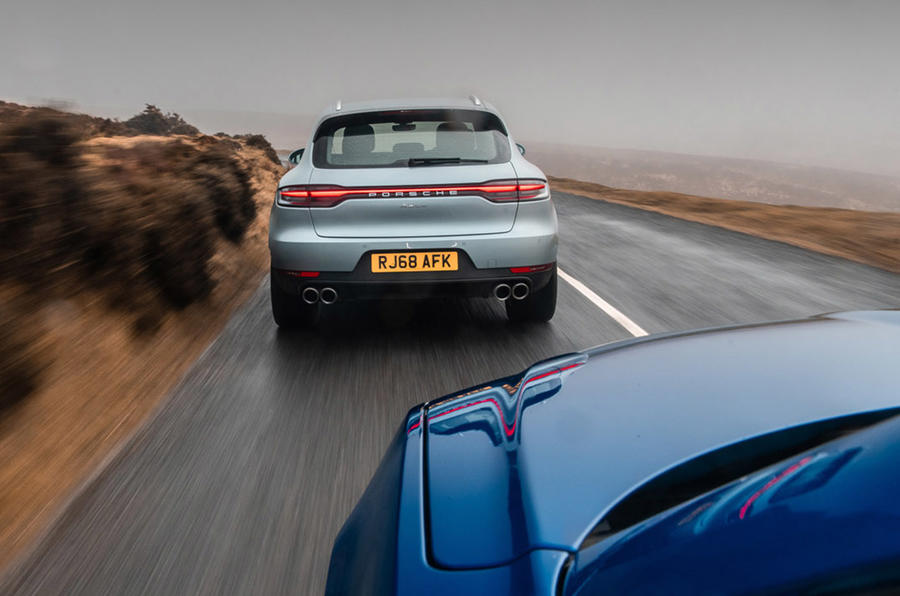Proving the old adage that trouble can come from anywhere, the latest CO2 emissions data for Europe highlights that one of the many headwinds is blowing from the direction of one of the most popular and most profitable areas of the car-making business.
For many years, SUVs have been the panacea for under-pressure companies, a few inches of ride height seemingly transforming buyers’ interpretations and luring them into spending several thousands more on what’s often simply a higher hatchback. So long beset by wafer-thin margins, firms couldn’t believe their luck.
At the start of the SUV boom, when accountants, engineers and factories were focused on switching on the income in larger car sectors, these inevitably heavier and less aerodynamic vehicles were happily (or ignorantly) powered by diesel, which, for all its faults, has always held a considerable CO2 advantage over petrol.
Things are very different now, with buyers eschewing diesel but largely unable or unwilling to pay extra for a plug-in hybrid. The result? The very cars generating the profits for firms to invest in this once-in-a-generation technology shift are at risk of attracting emissions fines that curtail their value.
No one is going to stop building SUVs – they’re too profitable for that – but an indication of the issues they’re causing is shown in the latest, typically excellent JATO Dynamics summary of calculated CO2 averages so far this year. It highlights that, after years of reducing CO2 via huge investments in cleaner engine technology, the industry is now back to where it was in 2014. Thank you, SUVs and petrol.
But there can be no excuses; the EU has outlined a phased goal from 2020, whereby marques must, in very simple terms, average 95g/km of CO2 per car sold or face stringent fines. The UK has committed to mirroring these regulations post-Brexit. At the end of last year, the European industry was, at an average, a massive 27.2g/km over that target.
There are success stories, led by Toyota, Citroën and Nissan. Each is tackling the challenge differently. Toyota sits pretty thanks to its long-held focus on hybrids. Citroën benefits from selling plenty of small, light cars and a relatively low proportion of SUVs (30%). And 9% of Nissan’s sales in Europe are of the electric Nissan Leaf, offsetting the fact that 72% of its total is from SUVs.
Others companies face far greater problems, but even these leaders are feeling the pressure. In truth, there’s only one answer, and it’s not such a happy story for the bottom line: if you want to keep making SUVs, you must keep ploughing profits into making more plug-in hybrids and electric cars.
READ MORE
Ultimate EV guide: Every electric car rated





Join the debate
Add your comment
SUV's and petrol?
Surely the reason we've gone backwards is the cheating universally applied by VW et al. that fooled everyone into thinking we were actually making progress? Why do we not lay the blame where it's deserved instead of going for the cheap easy shot of big cars and petrol engines? Nothing to do with advertising spend from the worlds biggest car company of course...
Electric SUVs?
Surely the sensible response if for manufacturers to produce electric SUVs?
The Tesla Model Y is going to be a huge seller in Europe. Other manufacturers could learn a lot from this.
Surely the tide of public
Some suvs will survive but as EVs, their higher floor height accommodating large battery packs but they will have a greater focus on aerodynamics and efficiency.